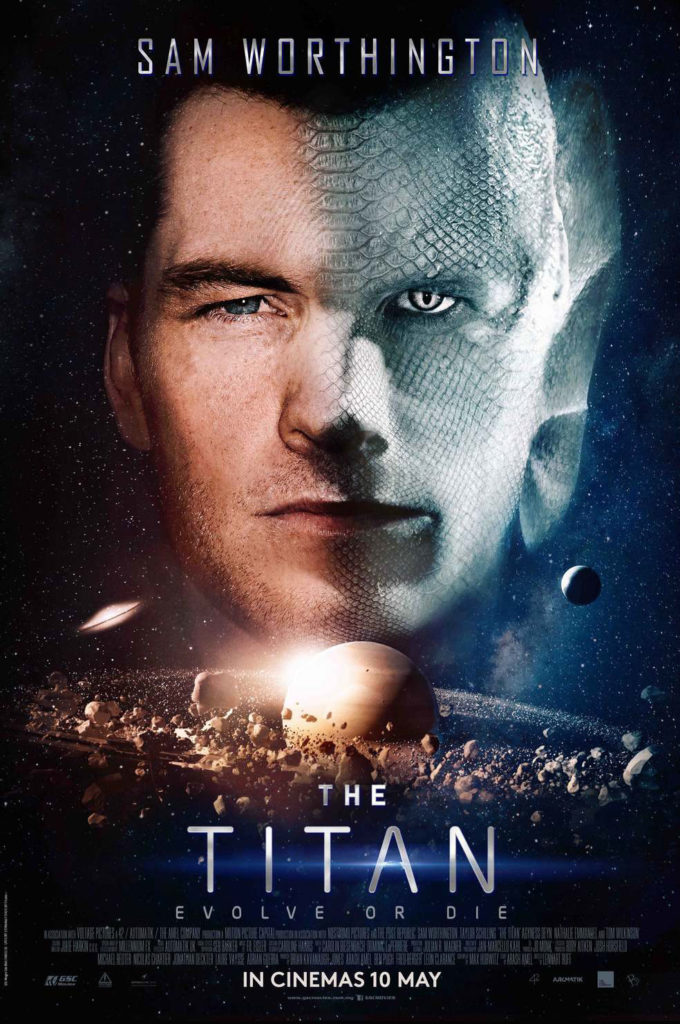Movies that premiere on Netflix have been banned from competition at the Cannes Film Festival. In an action that is part snobbishness and part an effort to protect theater owners, Cannes has drawn a line in the sand. To them, if a new movie is available to stream on television or other device, then it’s not really a movie. That’s absurd. Theater owners have cause to be worried that their business model might be obsolete, because it is. The best thing theaters have going for them is getting first run movies. Netflix is at the forefront of destroying that partial monopoly, and with home media having better picture and sound than ever before, watching a film at home is no longer a subpar experience compared to watching it in a theater.
In addition, Netflix was savvy enough to recognize that its pioneering streaming service would be imitated, and content producers who had been licensing their properties to Netflix would be pulling them just as soon as they got their own streaming services up and running. That’s why there’s such a dearth of Hollywood movies on Netflix these days. Movie and TV show streaming isn’t like music. Record companies want their product on as many platforms as possible, while movie and TV studios keep a much tighter leash on their stuff, preferring exclusivity and short-term availability.
Netflix’s response to losing so much content has been to buy its own. Every month, dozens of new TV shows and movies premiere on Netflix. Only a small percentage are actually made by Netflix. Most are bought elsewhere and a Netflix logo is added to the opening credits. That’s how we got The Titan, the new film which premiered on  Netflix this past week. The Titan was made just like any other movie, but rather than be picked for distribution to theaters, Netflix bought it for streaming, thus giving it a scarlet letter in the eyes of the powers that be. It wasn’t going to win any awards, anyway.
Netflix this past week. The Titan was made just like any other movie, but rather than be picked for distribution to theaters, Netflix bought it for streaming, thus giving it a scarlet letter in the eyes of the powers that be. It wasn’t going to win any awards, anyway.
Sam Worthington plays Lieutenant Rick Janssen, a volunteer who undergoes excruciating genetic engineering to prepare his body for exposure to the atmosphere of Saturnian moon Titan. His upcoming mission to Titan isn’t just about exploration. By the year 2048, environmental devastation caused by global warming is making Earth uninhabitable for human beings. Facing the end of the species, a scientist, Martin Collingwood (Tom Wilkinson) decides the only way for humankind to survive is to evolve to live on other planets or celestial bodies. Titan is chosen as the candidate for colonization because of a bunch of movie science stuff. The genetic engineering will change Janssen, and a group of other candidates, into something no longer completely human, in order to withstand the harsh environment of Titan.
Joining Janssen at a secret NATO base where he is preparing for his mission are his wife and son, Abigail and Lucas (Taylor Schilling and Noah Jupe). Abigail is a medical doctor, and her wifely duties include taking care of Janssen when his treatments make him ill, which is often.
The changes to Janssen’s body begin to disturb Abigail, and it does indeed seem as if Collingwood has sold the volunteers a false bill of goods. The genetic engineering is much more dangerous than he let on, and the outcome unknown. Collingwood is kind of improvising, desperate to get this mission launched and thus save humanity. No pressure.
The remainder of the movie follows Collingwood’s efforts to keep the treatments from failing, and Abigail’s efforts to keep from losing her husband. Janssen falls a little bit into a supporting role by the final act, with most of the focus being put on Abigail.
There were a number of ways that screenwriter Max Hurwitz and director Lennart Ruff could have taken the story. There didn’t appear to be that much money available to the production (it keeps to only a couple of locations and is dialogue heavy), so just about all a viewer can be sure of is that there won’t be an act that takes place in space. It could go in a hopeful direction, as well, but who wants to see that?
The film also could have gone into straight horror, but the filmmakers chose not to do that, either. Instead, they went with making The Titan a thriller. The group that goes through the engineering becomes more different from everyone else as the film goes on, building distrust and tension. The treatments also have an effect on the mind, providing more fodder for the plot.
There’s nothing wrong with the direction the filmmakers chose. Rather, the problem is in the execution. Whether it’s because of a lack of character development or the characters just being unlikable, they didn’t connect with this viewer. I couldn’t feel empathy for Janssen, Abigail, or for the human race. The stakes never feel high, all the way to the end when Janssen and other volunteers make quite a physical leap.
In the end, nothing in the film feels as urgent as the film wants it to. The world is coming to an end and if we have to rely on this cast of characters to save us, then we’re doomed. A film like this needs to have some feeling of oppressiveness to it, yet this film has none. Instead, there’s a dinner party scene — the kind that upper middle class 30-somethings throw, with lots of wine and cheese and talk about careers and kids. Yuck.
